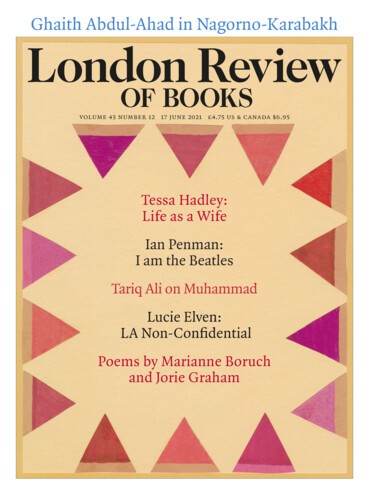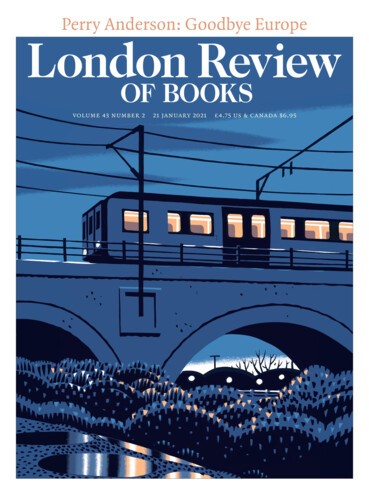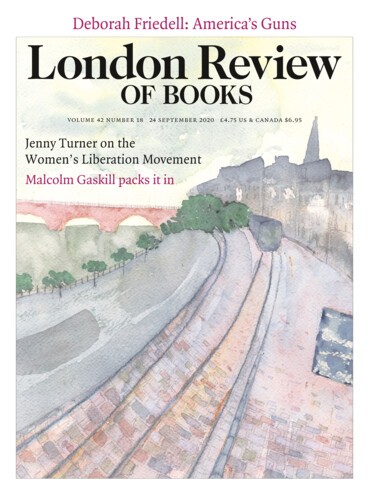On Fiona Benson
Colin Burrow, 17 June 2021
Atypical poem in Fiona Benson’s first collection, Bright Travellers (2014), begins with a description of a hare:
There’s a leveret in the field.I know it by its mother’s haunt at dusk,can sense the cupped space of its watch over near the gorse.
The young hare is just a space...





